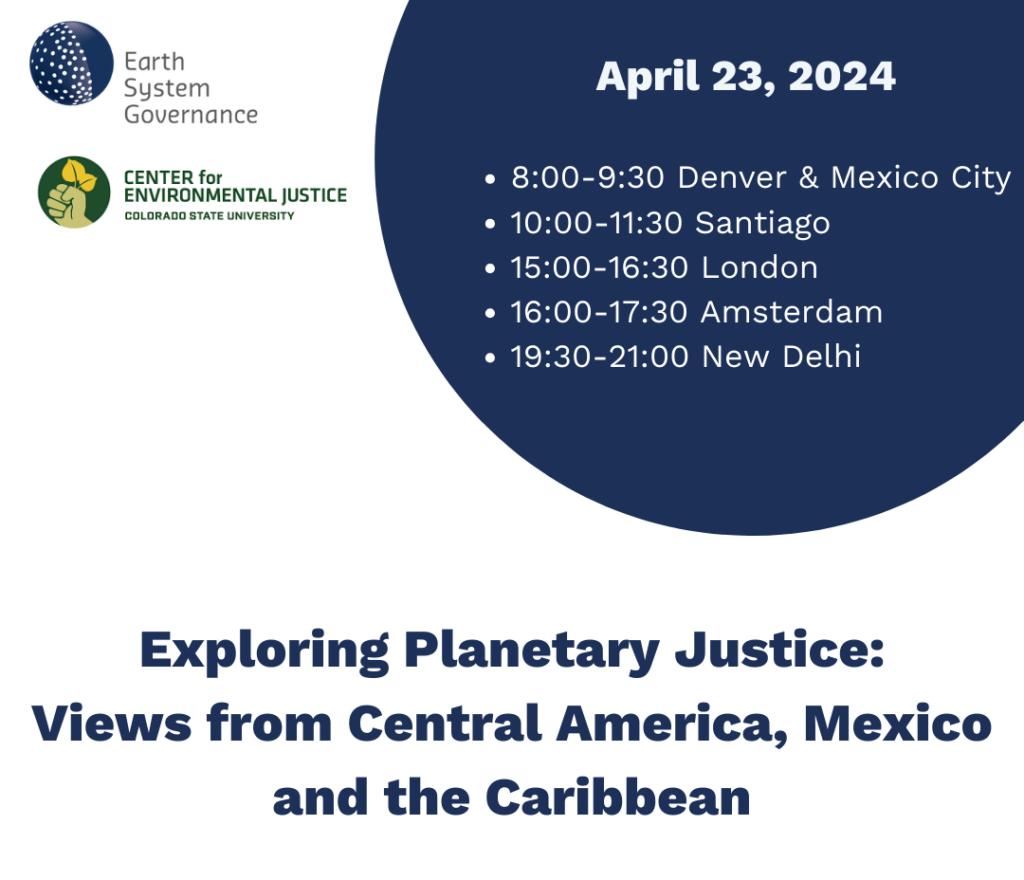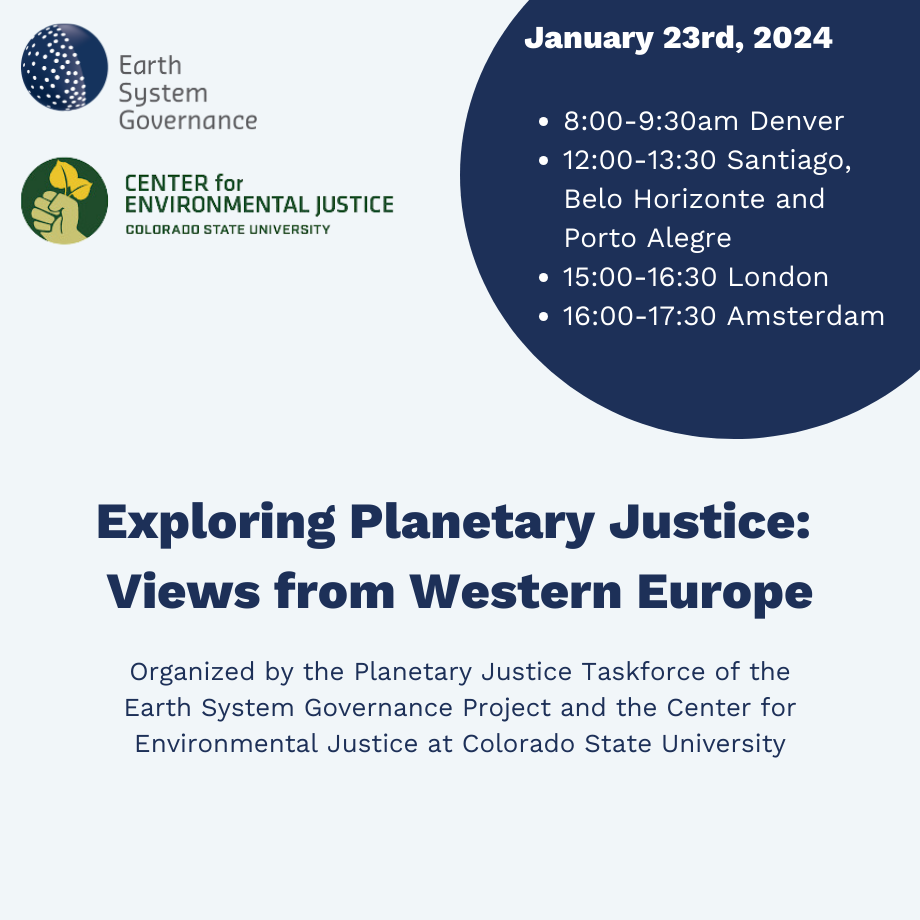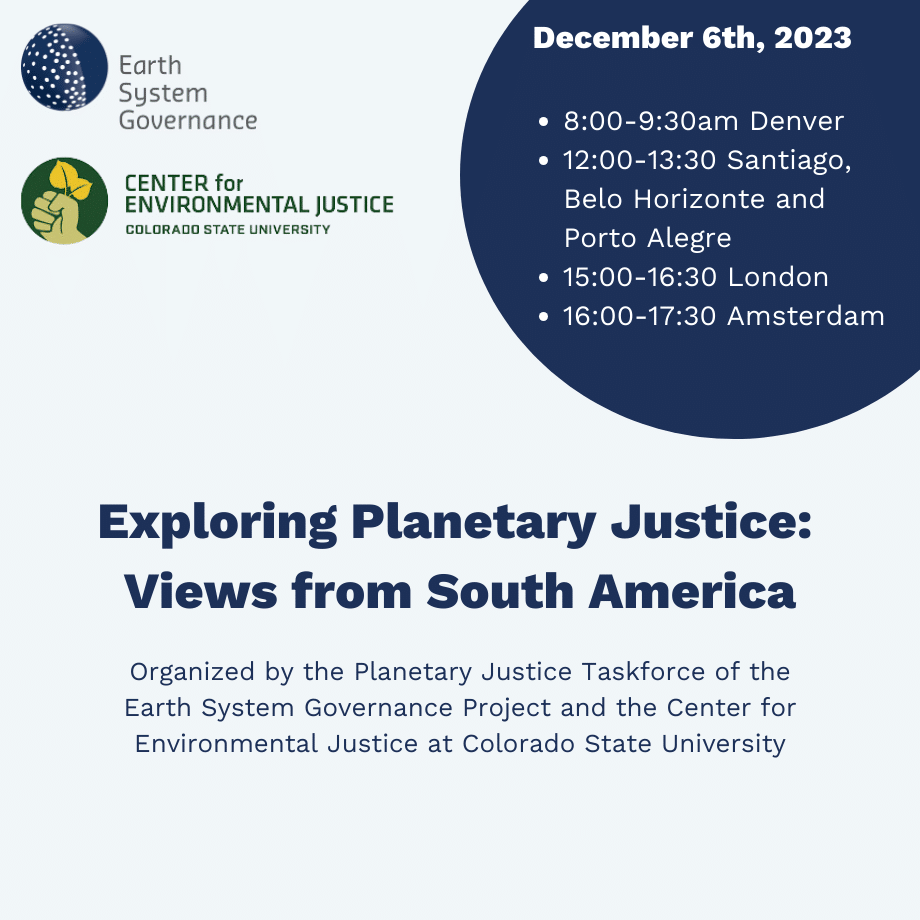Climate change poses considerable challenges to democracy. Its global nature questions the traditional parameters of our political communities and moral responsibilities. Its complexity and urgency challenge the capacity of existing democratic procedures to produce effective outcomes. Transnational institutions and processes developed so far for mitigating and adapting to climate change often elude basic democratic values. Decisions on whether, where, and how to reduce greenhouse gas emissions are generally made by elites in spatially and temporally distant settings, thus undermining the legitimacy of such decisions. Meanwhile, those most vulnerable to the consequences of climate change tend also to be, in many cases, the most socially disadvantaged and democratically disempowered. In this context, a key concern for scholars and citizens alike is how to ensure that the people who will be affected by climate change and climate governance are represented in decision-making processes. More effective democracy is likely to be instrumental to climate justice.
Plenary speakers: Sheila Jasanoff (Harvard), Karin Bäckstrand (Lund), Ronnie Lipschutz (University of California, Santa Cruz), Robyn Eckersley (Melbourne).
Fees: Registration for the conference is free, and paper-givers from Australia can claim a $300 contribution to travel expenses.
Deadlines: Deadline for paper proposals is 1 April 2010
Submissions: If you would like to present a paper, please send a title and abstract (300 words) to Alessandra Pecci: alessandra.Pecci [at] anu.edu.au
Conference Website: http://deliberativedemocracy.anu.edu.au/events.html



